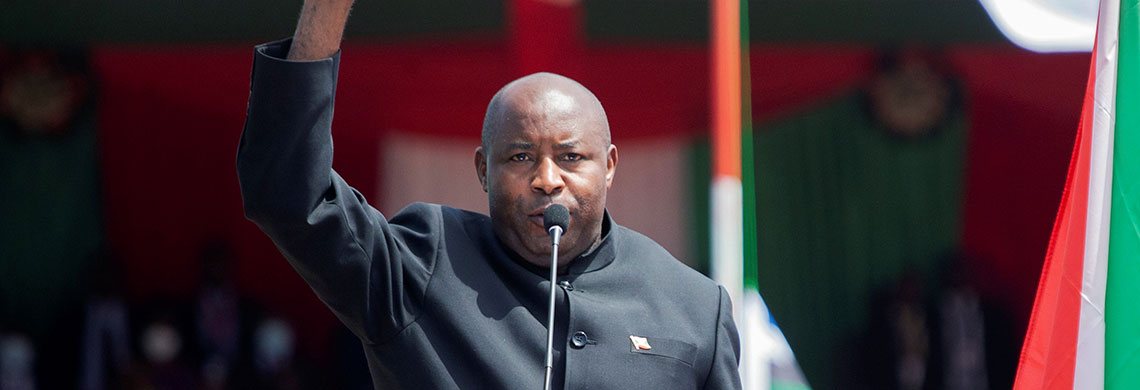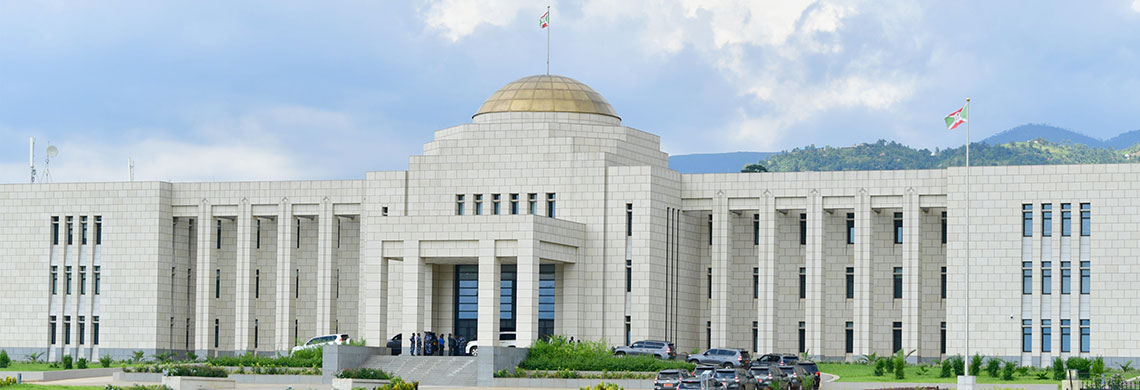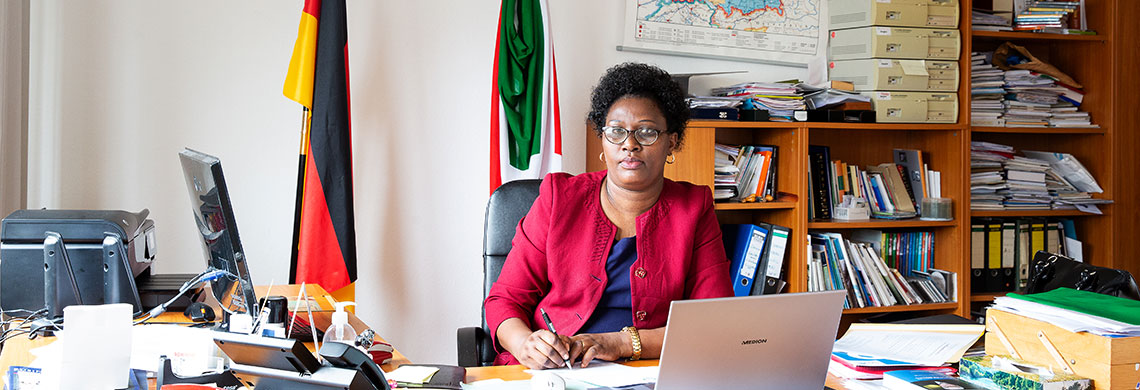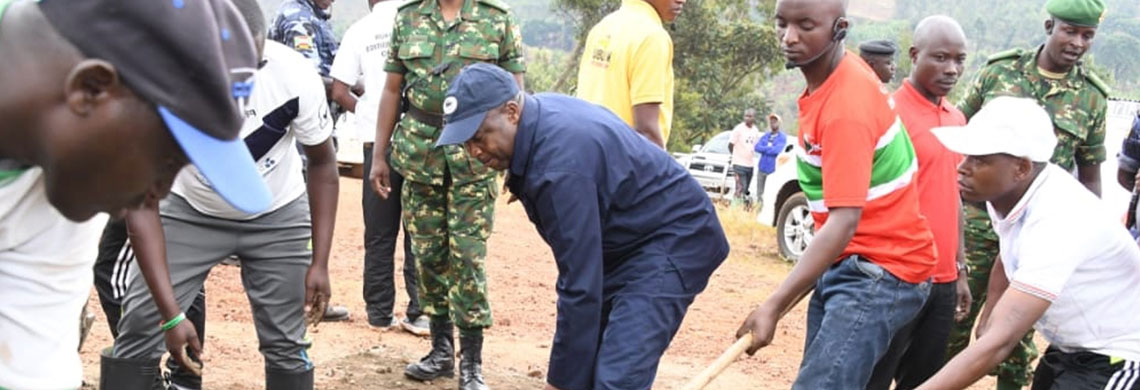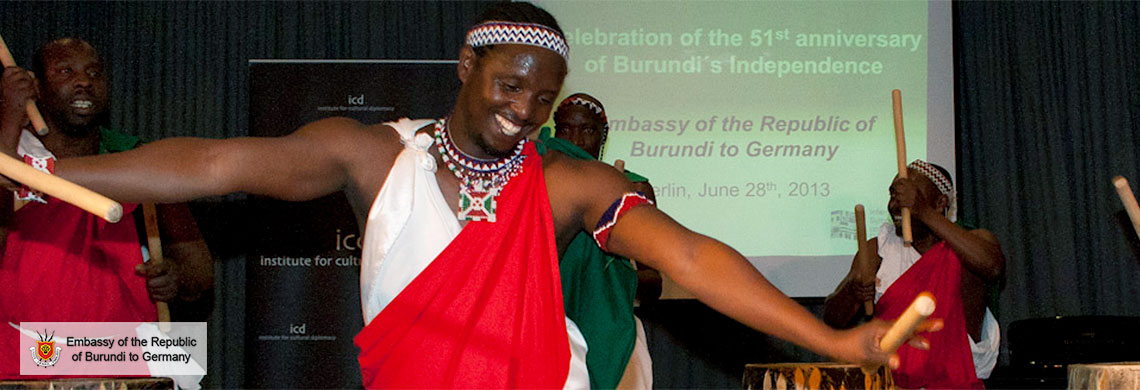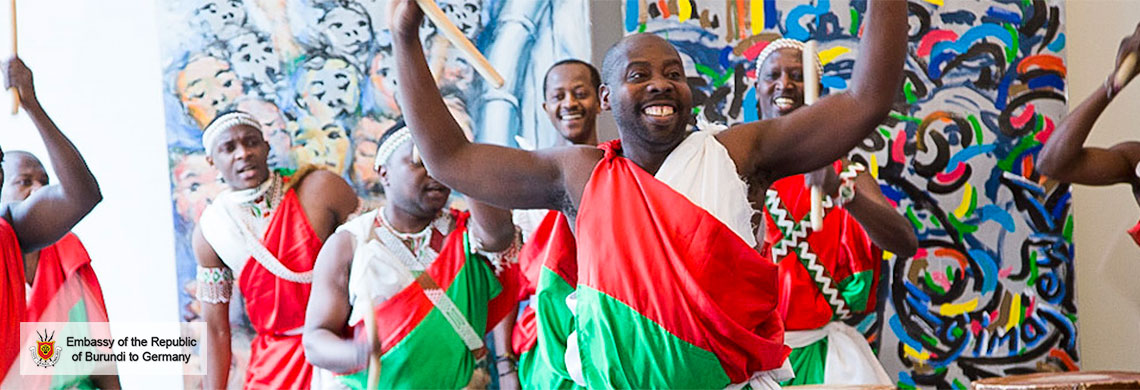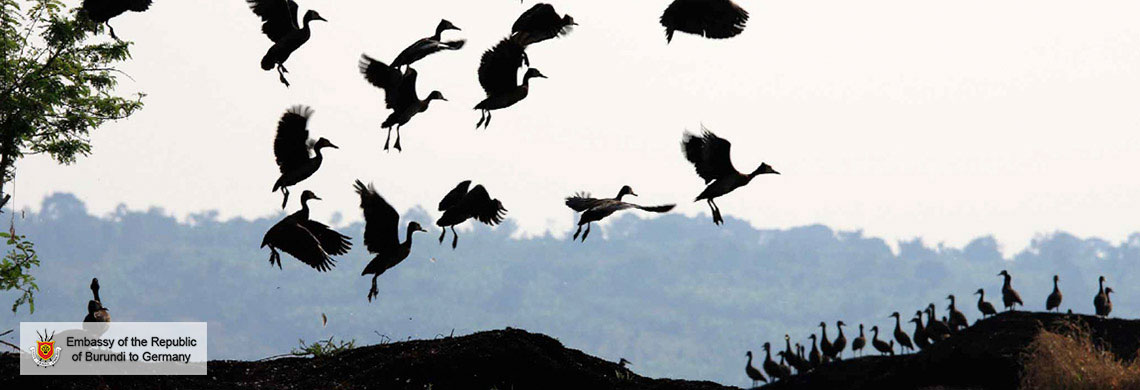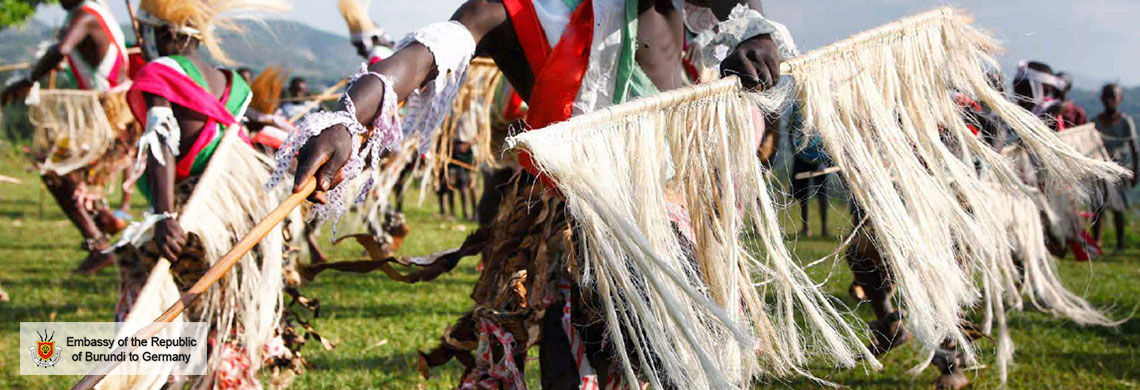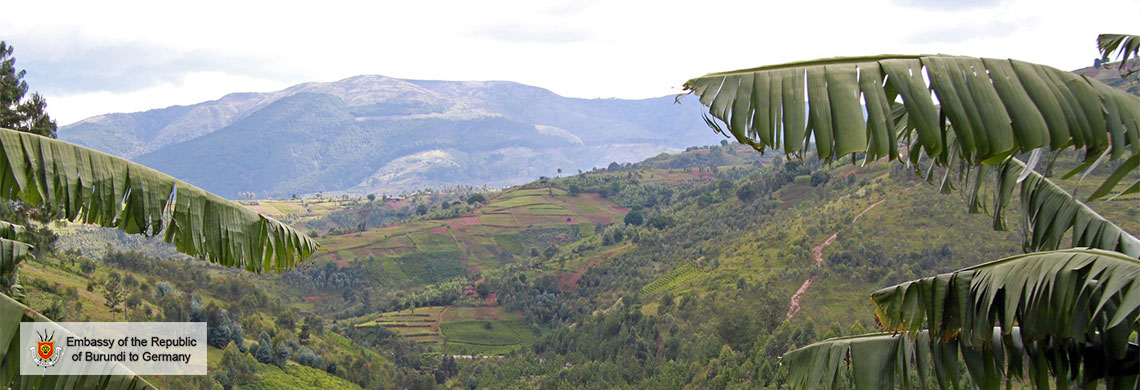Politics
 Burundi is a multi-party Republic. The President is the head of state, as well as head of government. The executive power belongs to the government and the two chambers of Parliament (the Senate and the National Assembly) share the legislative power with the government.
Burundi is a multi-party Republic. The President is the head of state, as well as head of government. The executive power belongs to the government and the two chambers of Parliament (the Senate and the National Assembly) share the legislative power with the government. In the past last years, the political landscape has been dominated by the civil war- which broke out in 1993-, the long peace process following the war, and the democratic transition.
In November 1995, the presidents of Burundi, Rwanda, Uganda, and former Zaire started a regional initiative to discuss the peace process in Burundi. This was initiated by Julius Nyerere, the former Tanzanian president.
Burundi Peace Process Negotiations have been taking place for four years in Arusha, Tanzania, and Pretoria, South Africa, between all the Burundi parties and political movements in an effort to put an end to violence and find a new peace formula for all. The peace initiative led to the signing of the Arusha Peace and reconciliation agreement on August 28th, 2000. This designed a transitional power sharing arrangement between the signatories to this agreement.
The current president, Pierre Nkurunziza, a former rebel leader in the Forces for the Defense of Democracy, was elected on the 19th of August 2005. President Nkurunziza is the first president to be elected democratically since the beginning of the civil war.
Since his election, the president has put into place a government integrating other political parties as well as a strong representation of women (7 out of 21 ministers are women). One of the government’s first goals is to eradicate corruption within the country. This effort is also backed by the Burundi civil society and media which have each received moderate ratings for their contributions to fighting corruption.
The president is elected by the people and names the two vice-presidents who form, with the Council of Ministers, the executive power.
The National Assembly is composed of 118 members elected for 5 years. The Senate has 49 members also elected for 5 years. Parties were usually based on ethnic background but since the new constitution has come into place, the ethnic reference is prohibited.

